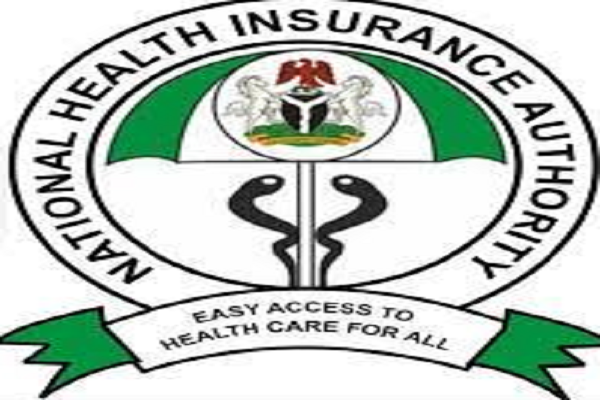Health Maintenance Organisations (HMOs) operating under Nigeria’s health insurance scheme have been strongly cautioned to ensure that no patient spends more than one hour waiting to receive medical attention at any accredited healthcare facility. This directive was made public by the Managing Director and Chief Executive Officer of Ultimate Health Management Services, Otunba Lekan Ewenla, during the company’s 14th Annual General Meeting held in Abuja on Thursday.
Otunba Ewenla, a former member of the Governing Council of the National Health Insurance Scheme (NHIS), disclosed that the directive was issued by the National Health Insurance Authority (NHIA) following a surge in complaints from enrollees about excessive delays at hospitals and clinics. He lamented the unacceptable trend where patients spend an entire day at healthcare centres without being attended to, stressing that such practices defeat the core objectives of health insurance in Nigeria.
“The NHIA has made it very clear, no patient covered by health insurance should wait more than one hour before being seen by a medical professional,” Ewenla said. “This is no longer business as usual. The authority is now enforcing this policy with the same regulatory rigour that the Central Bank of Nigeria applies to banks or PENCOM applies to pension managers.”
In response to the directive, Ultimate Health Management Services revealed that it has taken proactive steps not just to meet, but to surpass the NHIA’s benchmark. Ewenla proudly stated that the average waiting time across its network is now just 10 minutes, with plans underway to further reduce this to five minutes through the integration of advanced technology and streamlined processes.
He explained that part of the firm’s innovation includes deploying an intelligent health management system and a pre-booking mechanism that allows enrollees to notify the HMO ahead of their hospital visits. This enables the HMO to alert the medical facility to prepare for the patient’s arrival, thereby eliminating unnecessary delays. “We even go as far as placing reminder calls to the hospital on the day of the visit. That’s what healthcare should look like, efficient, responsive, and patient-focused,” he added.
Ewenla emphasised that access to quality healthcare is not a privilege but a fundamental right, and health insurance is the key to achieving that right in a sustainable and inclusive way. He further unveiled a new initiative by Ultimate HMO designed to cater to Nigerians living abroad who wish to provide medical support for their parents and loved ones back home.
According to him, many members of the diaspora often remit funds for medical expenses, but such efforts frequently fail due to a lack of follow-up care or structured planning. To bridge this gap, the company has introduced a diaspora-focused plan where Nigerians overseas can pay fixed premiums to enroll their dependents in a managed healthcare scheme. The pilot phase, he said, has commenced in the United States, where he held engagements with the Nigerian Consulate in Atlanta, Georgia. The outreach has also extended to Nigerian communities through churches, mosques, and ethnic grocery stores.
“There is growing interest from the diaspora, and we are advocating for more regulatory support to ensure broader participation and legal protection for such international contributions to Nigeria’s healthcare sector,” he said.
However, Ewenla admitted that attitudinal change among Nigerians is just as important as policy reforms. He criticised the widespread disregard for established systems in the country, drawing parallels between poor compliance with traffic laws and similar behaviour in the health sector. “We need to start respecting systems. If we can fix our attitude, we can fix our healthcare,” he noted.
Also speaking at the AGM, the Chairperson of the Board of Directors of Ultimate Health Management Services, Mrs. Angela Ajala, underscored the need for HMOs to prioritise the welfare of enrollees and uphold the integrity of their service delivery. She voiced concern over the increasing delays in claims settlements by some HMOs, warning that such practices undermine public trust and the credibility of the health insurance industry.
“At Ultimate HMO, we treat our enrollees’ satisfaction as a core value. Prompt claims settlement is non-negotiable because it is central to our promise of reliable healthcare,” she affirmed.
Ajala further called on stakeholders in the health sector to embrace innovation and remain responsive to changing healthcare demands, including the growing prevalence of mental health challenges, the integration of telemedicine, and the provision of care for children living with special needs.
“The expectations of patients are evolving rapidly. If we must stay relevant, we must be willing to adapt and stay ahead of emerging challenges,” she concluded.
With the NHIA tightening regulations and industry leaders stepping up their game, the message is clear, timely and quality healthcare must become the new standard for all Nigerians, regardless of their location or income level.

